VAPT Pricing in India: How Much Does a Website /App VAPT Cost?
Get a concise overview of how much VAPT services cost for websites and mobile apps in India. Find out what factors influence pricing and what you should expect when planning your security assessment budget.

VAPT Pricing in India: How Much Does a Website /App VAPT Cost?
Table of Contents
With the ever-changing cyber threats, Vulnerability Assessment and Penetration Testing (VAPT) services have conveniently become important for all businesses in India. Whether it’s a budding startup releasing their first app, or a sprawling enterprise managing extremely sensitive user data, safeguarding against digital threats isn't a choice anymore; it’s essential. With increase in demand for cyber security services, many people are left wondering: How much will VAPT cost in 2025?
However, the cost of VAPT in India varies between Rs. 30,000 to Rs. 7,50,000 for a single scan for a website or mobile app. The cost of the scanning tools used by the testing provider also influences the final pricing of the VAPT services.
This article examines the primary drivers of VAPT cost in India, explores current market conditions, analyzes averages by service type, and explains how to assess whether you are receiving a fair deal.
What is VAPT?
Before exploring the cost, it is crucial to explain what VAPT covers. Vulnerability Assessment and Penetration Testing (VAPT) is a method of evaluating security for an IT system by systematically scanning for and checking weaknesses and subsequently trying (in a safe way) to exploit them to assess the level of danger involved.
It tends to cover:
-
Automated Vulnerability Assessment: Scanning with instruments such as Nessus, OpenVAS, etc
-
Manual Penetration Testing: Real world attack simulations carried out by ethical hackers.
-
Risk Evaluation: Estimation with prioritization of available exploitable vulnerabilities.
-
Remediation Guidance: Instructive reporting on how the identified flaws may be corrected.
-
Retesting: Verification that issues have been resolved.
VAPT Pricing in India: Current Trends 2025
Matured in 2025, India’s VAPT market is witnessing an increase in demand for security testing due to the use of cloud services, fintech platforms, health tech, compliance requirements such as CERT-In directives, RBI guidelines, and ISO 27001 frameworks. As a result, there is a marked stabilization across vendors; however, pricing differences due to scope, methodology, and vendor experience are still present. The price range of VAPT services in India is anywhere from ₹20,000 to ₹5,00,000, depending on the tests performed and the methodologies employed.
Pricing Models Used in India
There are three main pricing models followed in India for VAPT services:
1. Per IP or Asset-Based Pricing
-
Generally utilized for conducting VAPT on an infrastructure level such as servers, routers, firewalls.
-
Price: ₹1,000 - ₹5,000 per IP.
-
Oh, testing 20 IPs can range from ₹20,000 to about ₹100,000.
2. Web/Mobile Application-Based Pricing
-
Pricing depends on the intricacy of each application's features, endpoints, and other specifics related to it.
-
Price Ranges: From ₹25,000 to ₹2,50,000 for each application.
-
A simple banking application could exceed ₹2.5 lakh when compared to a basic brochure website which can be created for roughly ₹25,000.
3. Time-Based Pricing (Man-Days Model)
-
We calculate pricing depending on the number of man-days estimate the project requires.
-
Man-day price ranges from : ₹10,000 – ₹30,000.
-
Specific boundless or custom scope projects from large corporations receive this service.
Factors That Influence VAPT Cost in India
VAPT is not a one-size-fits-all service. The following factors play a key role in determining the final price:
1. Scope of Testing
-
More assets = more time = more cost.
-
Example: A full-stack VAPT (network + web app + mobile app) will cost more than testing just one layer.
2. Complexity of Applications
-
Comparably speaking static corporate websites are much easier than a fintech app with APIs, payment gateways, user roles, and other integrated features.
3. Methodology Used
-
Black Box (no internal access): Less expensive, not as precise.
-
Grey Box (partial access): Good middle ground.
-
White Box (full access): More precise, takes longer.
4. Compliance Requirements
-
If VAPT is conducted for compliance with PCI DSS, HIPAA, ISO 27001, or SOC 2, the scope and documentation required is deeper – and therefore, more costly.
5. Manual vs. Automated Testing
-
Scans done your way tend to be cheaper, but less accurate.
-
Having ethical hackers is much more accurate, albeit far more expensive.
What’s Fair Pricing in 2025?
Here’s a breakdown of what fair VAPT pricing looks like in India right now, for various scenarios:

Note: These prices include manual testing, detailed reports, retesting, and compliance-ready documentation.
Red Flags to Avoid
While the cost does matter, opting for the cheapest vendor can prove detrimental. Pay attention to the following:
-
Limitations on Automated Test Execution: A vendor quote should mirror the extent of automation testing done. If over 90% is automated, that is a red flag.
-
No Retesting: Verification of issues needs to be addressed in a post-remediation testing phase as part of service.
-
No Certificate or Report Format for Compliance: Qualification driven assessments with no auditor acceptance certification will lead to audit failure.
-
Unreasonably Low Rates (< ₹10,000): Such offers are unlikely backed by skilled Tester Professionals who submit sham reports.
Value-Added Services You Should Look For
For gaining maximum value from your VAPT spending, you should ask for:
-
In-depth Risk Assessment (CVSS scoring) of each vulnerability.
-
Description of potential Proof of Concept of every exploit.
-
Screenshots and Logs showing Successful Breaches.
-
Elimination Guidance.
-
Patch Verification Testing.
-
Post the remediation, patch retesting.
-
Complimentary consultation with an expert for breakdown of the report.
Who Should You Hire?
Options Considered
-
Freelance Ethical Hackers: Provide affordable services, but don’t risk validating the credentials.
-
Boutique Cybersecurity Firms: Offer an agile and tailored approach, often providing more specialized attention to their clients.
-
Big IT Security Companies: Very dependable, ideal for large organizations, but pricey.
Remember to check the following:
-
Their empanelment with CERT-IN.
-
Past work experience in your field (fintech, e-commerce, etc.).
-
Sample reports from other clients.
Conclusion
As India integrates deeply into the digital world by the year 2025, cybersecurity is not a luxury; it’s a responsibility. Be it a government vendor or a startup, VAPT should always be part of your risk management approach. However, a balanced approach of not cutting corners or overpaying is still necessary.
In India, a reasonable VAPT pricing model ranges from ₹25,000 to ₹2.5 lakh based on complexity, scope, and compliance requirements. Look for integrity, transparency, and capability instead of the cheapest quote. Remember, the cost of a data breach is far greater than the expense incurred while trying to prevent it.
FAQ's
1. What is VAPT and why is it important for websites and apps?
VAPT stands for Vulnerability Assessment and Penetration Testing. It’s a comprehensive security evaluation to identify and resolve vulnerabilities in websites and apps, helping protect sensitive data and maintain compliance with security regulations.
2. How much does VAPT cost in India for a website or app?
Pricing for VAPT services in India typically ranges from ₹10,000 to ₹2,50,000+ depending on the complexity, scope, and depth of the assessment. Enterprise-level or complex projects can have higher costs.
3. What factors influence the cost of VAPT services in India?
Major factors include the size and type of your application, number of features, depth of testing required, number of devices/endpoints, compliance needs, and whether both automated and manual testing are included.
4. How often should I conduct VAPT for my website or app?
Regular VAPT is recommended at least annually or whenever there are significant changes to your site or app. Industry best practices and regulatory standards may require more frequent testing.
5. What is the difference between Vulnerability Assessment and Penetration Testing?
-
Vulnerability Assessment (VA): Identifies known security weaknesses.
-
Penetration Testing (PT): Simulates real-world attacks to exploit and assess the impact of vulnerabilities.
6. Who should perform VAPT—can I do it in-house or do I need experts?
While some tools are available, VAPT should ideally be performed by certified cybersecurity professionals with hands-on experience to ensure thoroughness and compliance.
7. What are the most common vulnerabilities found during a VAPT?
Typical issues include SQL Injection, Cross-Site Scripting (XSS), insecure authentication, misconfigured servers, outdated software, and sensitive data exposure.
8. What deliverables or reports should I expect from a VAPT service provider?
A standard VAPT engagement delivers a detailed report with identified vulnerabilities, risk severity, actionable remediation steps, evidence of exploitation, an executive summary, and improvement recommendations.
9. Does VAPT help with compliance certifications like PCI DSS, ISO 27001, or GDPR?
Yes, VAPT is essential for demonstrating compliance with major security standards and is often a mandatory requirement for certifications in regulated industries.
10. How can I choose the right VAPT provider in India?
Look for providers with relevant certifications, transparent methodologies, industry experience, clear reporting practices, and positive client reviews. Consider their tools, technology stack, and approach to both VA and PT.
Contact:- BM Infotrade Pvt. Ltd.

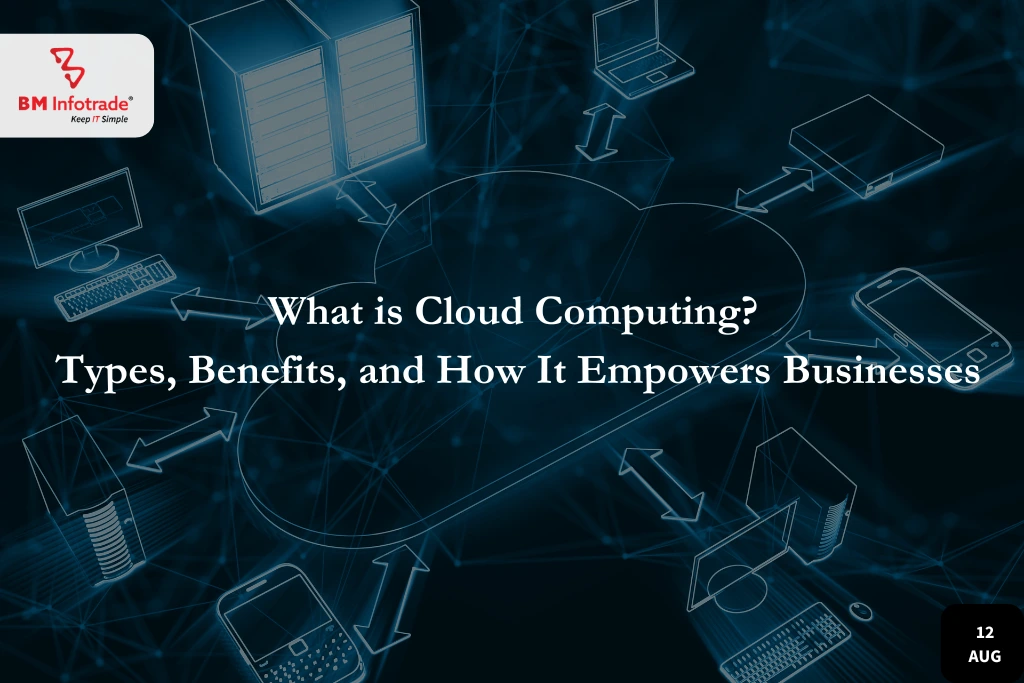

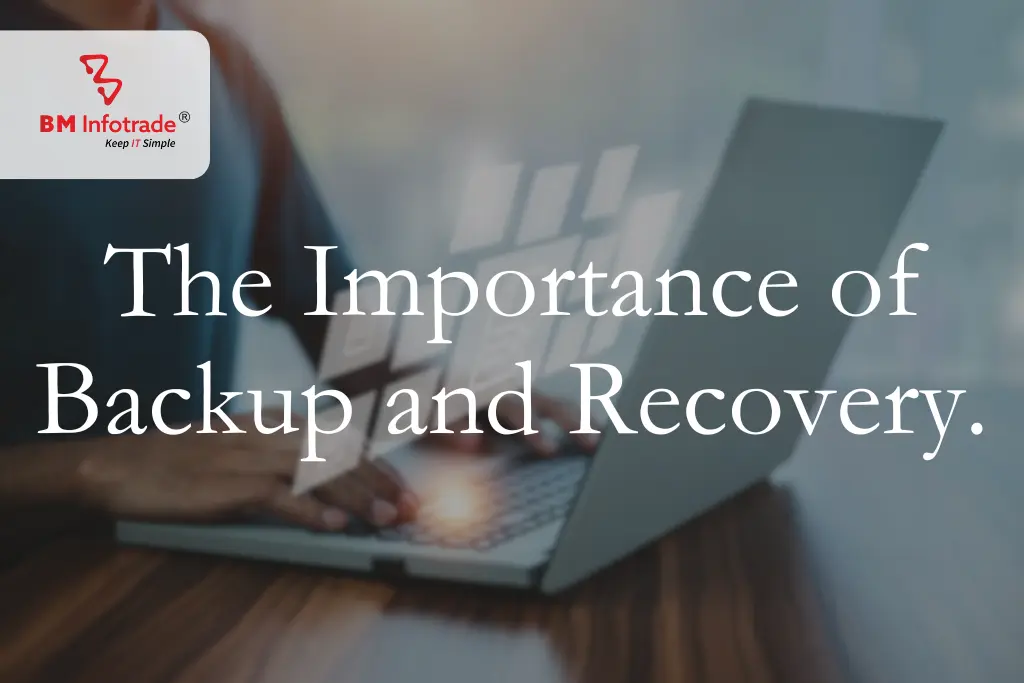
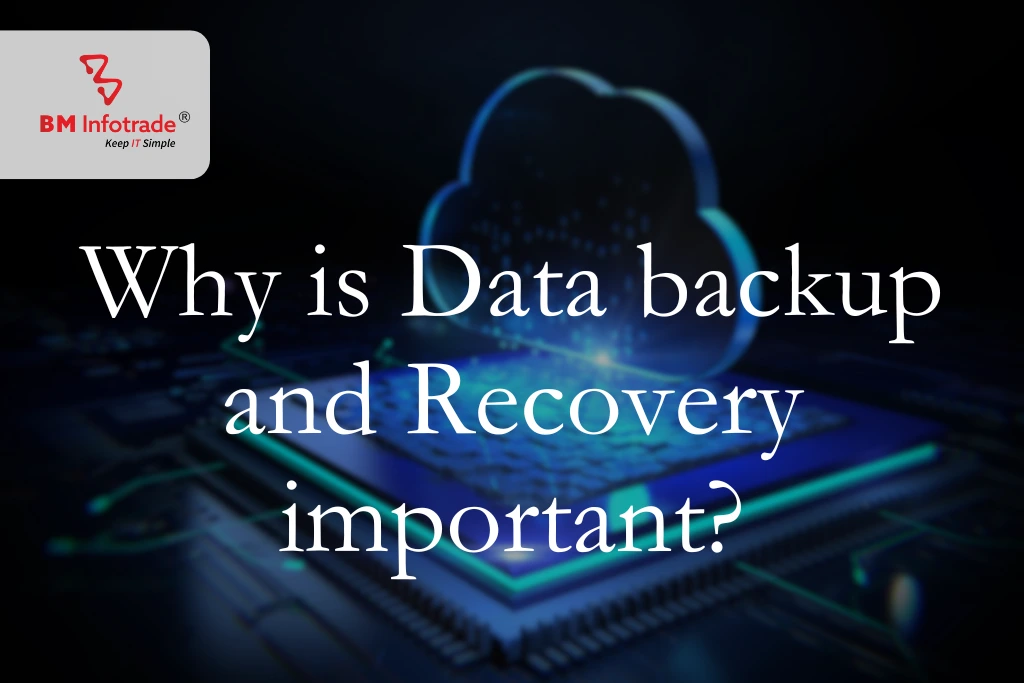
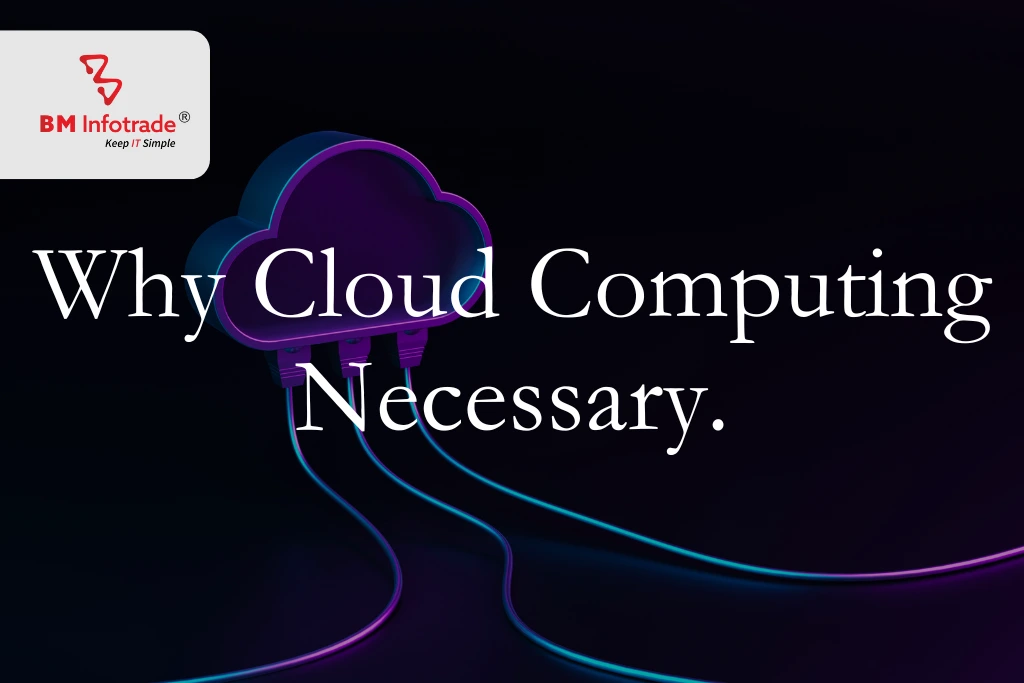
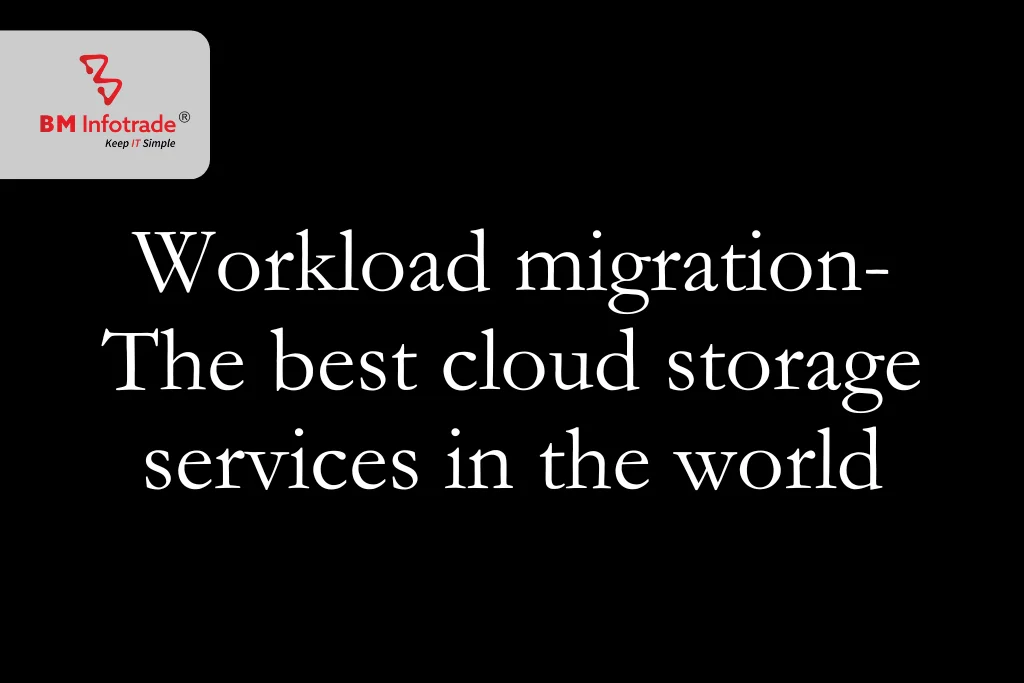
Anshul Goyal
Group BDM at B M Infotrade | 11+ years Experience | Business Consultancy | Providing solutions in Cyber Security, Data Analytics, Cloud Computing, Digitization, Data and AI | IT Sales Leader